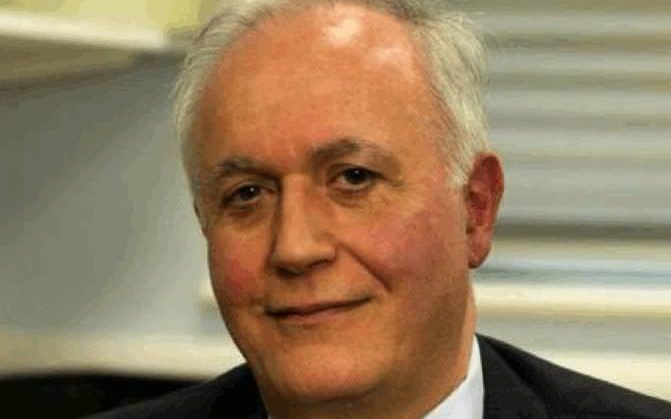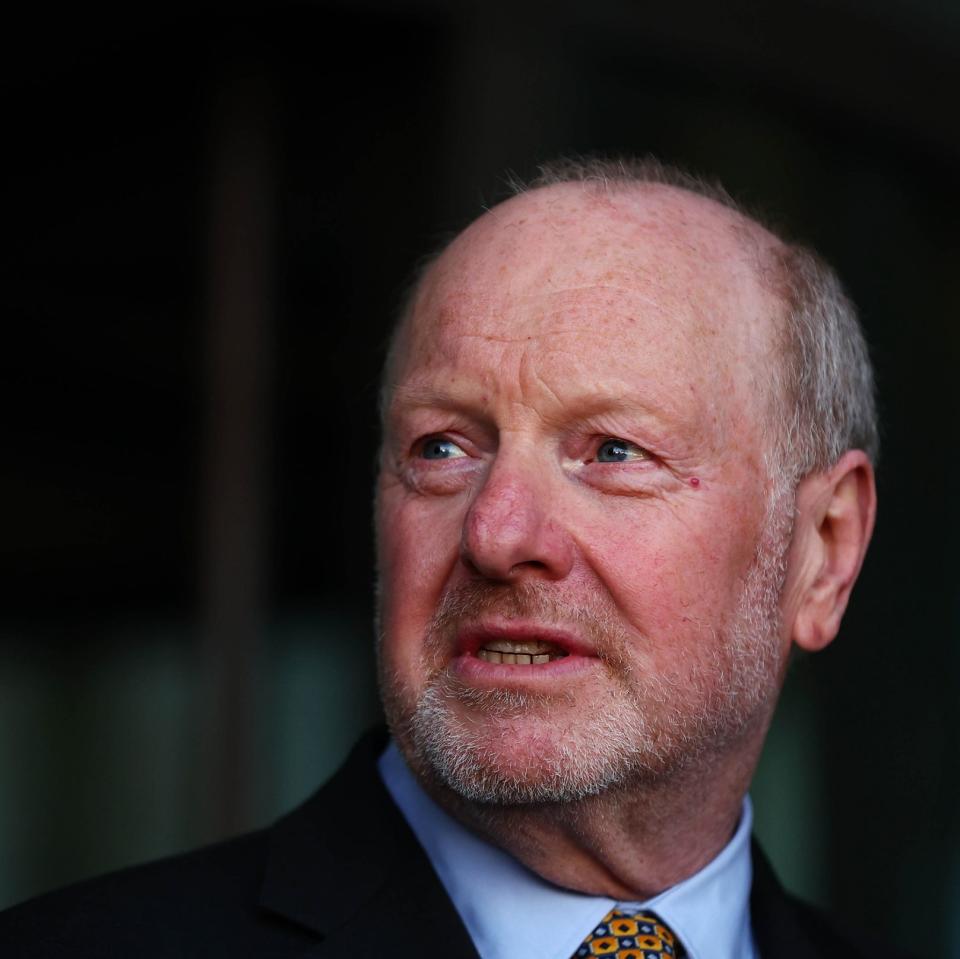How doctors’ answer to Alan Bates rallied NHS whistleblowers like sub-postmasters

For the past five years, a group of NHS doctors has been meeting once a fortnight on Zoom to swap stories, seek advice and reassure each other that they are not alone.
What they all have in common is raising concerns about patient safety – as is their duty – and they have all paid a heavy price for trying to protect the public, often with the loss of their careers.
Justice for Doctors (JFD), as the group is called, bears striking similarities with the Justice for Subpostmasters Alliance (JFSA) that took on the Post Office over the Horizon IT scandal, even though neither knew of the other’s existence.
In both cases, a small number of people doing the same job joined forces after discovering they were not the only ones who have been wronged, and in both cases their number has steadily swelled as membership has grown through word of mouth alone. In the case of the sub-postmasters, the meetings were held in a village hall in Warwickshire, whereas the doctors have been meeting online.
This week, Justice for Doctors will hold its first in-person conference, where its members will discuss how they can stop the targeting of whistleblowers by NHS managers who put reputations before patient safety.
Grassroots movements
Dr Salam Al-Sam, who founded JFD in 2019, is the doctors’ equivalent of Alan Bates, the sub-postmaster memorably played by Toby Jones in the ITV drama about the Post Office scandal.
Dr Al-Sam sees many similarities between the two grassroots movements. Much like the sub-postmasters who blamed themselves for Horizon IT accounting errors and hid their debts for fear of judgment, many of the doctors who make up JFD speak of feeling ashamed.

But once they started to compare stories at the meetings, they realised they were not alone, and saw such striking similarities in the way they had been treated that they decided the targeting of whistleblowers was a systemic problem in the NHS.
“Doctors, especially the caring ones, raise concerns,” said Dr Al-Sam. “They become targets of bullying, harassment, and dismissal. Many simply disappear because it’s too much to bear, some have even committed suicide.
“Our group is just the tip of the iceberg.”
He is clear that the health of the nation is at risk if speaking up freely about poor practices makes doctors a target for reprisals.
The clinicians at Justice for Doctors say they are turning to the media after official channels were exhausted. Dr Al-Sam said: “We tried to raise this through the normal channels, the NHS, the chief executive, the Care Quality Commission. Nobody responded or replied to our letters.”
By opening their first in-person meeting to the press, the doctors hope to start telling the public about the scale of the problem in the NHS.
Sleepless nights
Dr Al-Sam, a consultant pathologist, found his career – and his life – turned upside down after he raised patient safety concerns only to face unfounded counter-allegations and exclusion from work pending an investigation. He has since been cleared of wrongdoing.
“For three months I barely got two hours of sleep a night,” he said. He woke every night at 2am and was unable to get back to sleep. His sense of reality was so shaken that he literally lost his balance while walking towards his computer in the early hours of every day.
He would spend hours at the computer, “trying to gather more documents to prove that the allegations raised against me were truly unfounded and fake”.
After three years off work, and still under investigation at that point, he formed Justice for Doctors to support others subjected to the same abuse.
Dr Azhar Ansari, a consultant gastroenterologist, was an early recruit. He describes the group’s members as “a very conservative bunch”. Most are senior consultants who – like all doctors – had a professional duty to raise concerns.
He said: “We’re very proud people, us doctors of a certain age. We walk with our heads tall, because it’s taken a long time to build up our reputations.
“You can lose everything. In a divorce, you split up your assets, but when your career breaks down – when you have dedicated your life to patients and to the NHS – you walk away with nothing and a damaged reputation. You can’t even get a job to feed your family when your reputation is damaged,” he said.
While the doctors have tried to raise public awareness of the issue with the help of campaigners including former BBC journalist Anna Brees, they feel their concerns are still being ignored.
Dr Al-Sam said: “This story must come out because the waste of NHS money which should go to patient care is in the millions. The membership of this not-for-profit alliance is now over 140 doctors and is on the rise.
“When you face adversity, you have two choices: give up and hide, or stand firm and turn the loss into a win. We aim for safer services for our patients and for the protection of taxpayers’ funds.”

